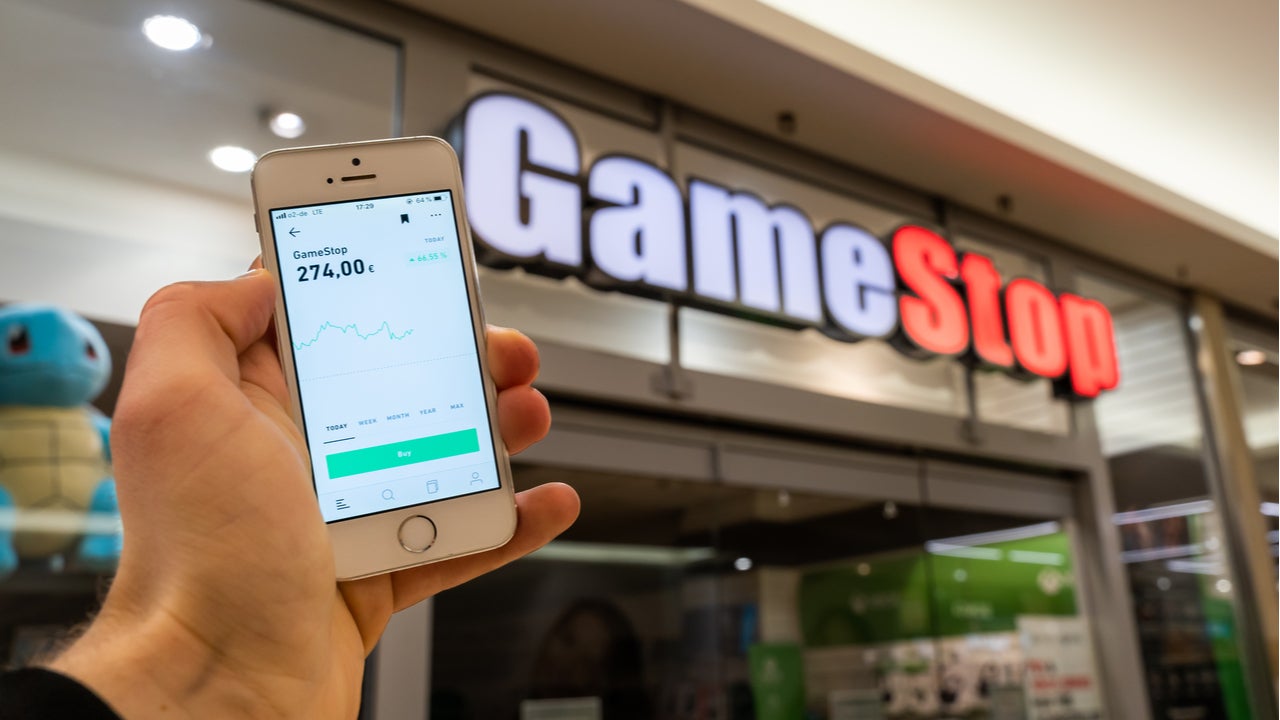The skyrocketing of GameStop stock price by 1,525% within two weeks as a result of a retail trading frenzy driven by social media, has uncovered three regulatory topics which have been overlooked.
Regulators need to take into account and understand their implications in order to prevent a new small or bigger stock market bubble.
Firstly, the meddling of social media with financial markets is problematic, as the former can serve as a vehicle to manipulate the latter.
Secondly, little regulation over trading platforms with regards to protection of traders, poses a threat to their credibility.
Last but not least, the lack of transparency of transactions with market makers that execute orders poses an additional risk for market manipulation.
GameStop an example of social media herding behaviour
What the GameStop experience has offered is the best example of how social media and individual traders have fused into the financial market’s affairs. Social media appear to pose a big risk factor for promoting herd behavior and orchestrating pump-and-dump schemes.

US Tariffs are shifting - will you react or anticipate?
Don’t let policy changes catch you off guard. Stay proactive with real-time data and expert analysis.
By GlobalDataA group of people coming together on social media around the same idea or sentiment, can fuel herding behavior. In the case of GameStop, the common idea was that the price of the stock could appreciate, while the group sentiment was to punish Wall Street golden boys who wanted to crush a company-brand with sentimental value for many. This sparked a short-selling squeeze, with short-sellers writing off $5bn over GameStop as of 26 of January, since the beginning of the year.
The terms of service are favourable towards the broker
The introduction of trading limits by trading platforms at any time without prior notice can lead to catastrophic losses for traders due to the inability to buy, sell or exercise options.
For example, Robinhood’s credibility was hit after introducing such limits, unable to clear an extraordinary flow of orders. This subsequently led to Robinhood facing numerous lawsuits for damages, even though there is a disclaimer in the platforms’ agreed terms, regarding forced arbitration. However, such terms are considered unfair as platforms are protected against risks while traders are not.
Lack of transparency is an issue
Many believe that trading platforms are a step towards the democratization of stock markets, enabling the participation of small individual traders against Wall Street. Although this might sound true, the truth is that Wall Street giants can still benefit from retail investment trading or even take advantage of it.
With retail trade platforms dependent on commission from order flow to market makers who execute transactions, the latter can take advantage of information and arbitrage or even manipulate the market in their favour.









